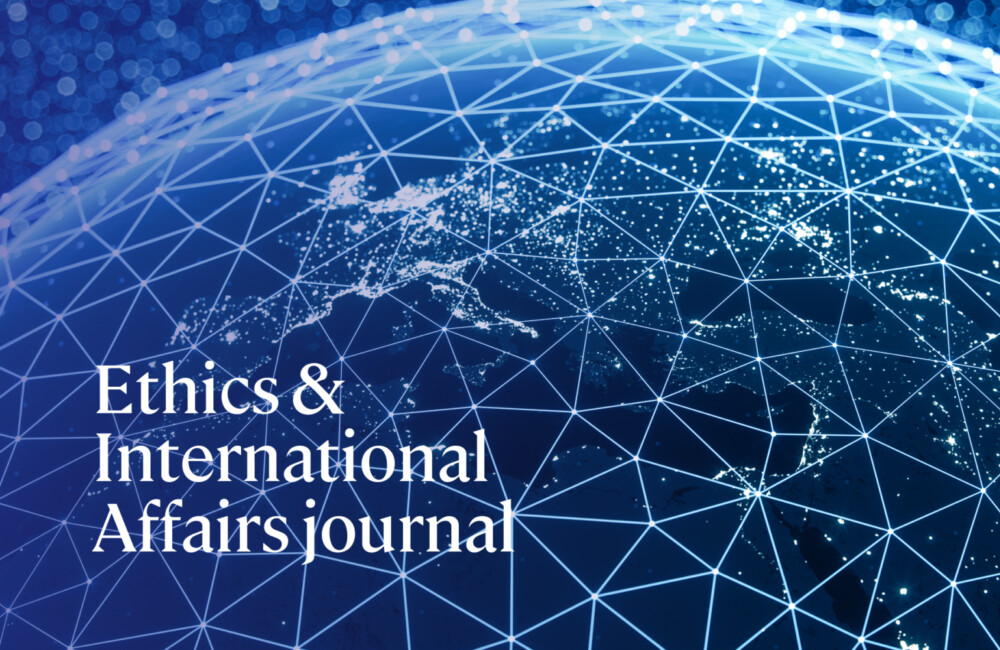Since 1989 we have witnessed a proliferation of efforts to develop international norms of the rights of ethnocultural minorities, such as the UN's 1992 Declaration on the Rights of Persons Belonging to National or Ethnic, Religious and Linguistic Minorities, the Council of Europe's 1995 Framework Convention for the Protection of National Minorities, and the Organization of American States' 1997 draft Declaration on the Rights of Indigenous Peoples. This activity at the level of international law is reflected in a comparable explosion of interest in minority rights among normative political theorists.
In this context, Michael Walzer's work occupies an important but somewhat anomalous role. On the one hand, he was arguably the first political theorist, at least in the postwar era, to take seriously the issue of minority rights. Nonetheless, Walzer's work has had surprisingly little enduring impact on multiculturalism debates in either academic political theory or international law.
One explanation for this puzzle is that Walzer's substantive discussion of minority rights seems to sit uneasily with his more foundational theory of justice, laid out in Spheres of Justice. I want to suggest a distinct (but complementary) explanation for why Walzer's work has not permeated the debate, focusing less on metaethical worries about his account of common meanings, and more on the practicalities of how he categorizes ethnic diversity. Walzer's state-differentiated but minority-undifferentiated approach simply does not connect to the governing premises of the larger academic and public debate, which treat minorities as differentiated and states as undifferentiated. I believe it is Walzer's idiosyncratic approach to categorization—more than his controversial theory of justice-as-common-meanings—which explains his relatively marginal role in the multiculturalism debate.
To read or purchase this article, click here.


